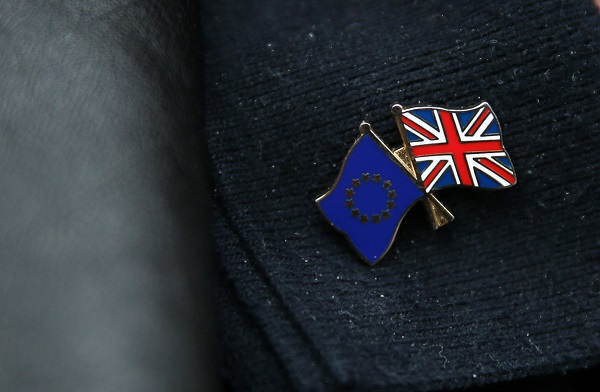British inflation breaks 3% driven by Brexit pressures
Published : 13 Dec 2017, 11:39
British inflation has broken the 3-percent barrier according to official figures, the latest rise in a swift move upwards since the Brexit referendum vote in June 2016.
The Consumer Price Index (CPI) inflation rate hit 3.1 percent in November, figures released on Tuesday by the Office for National Statistics (ONS) showed, higher than 3.0 pct on October.
This was above consensus expectation, and many commentators now believe that inflation has reached its peak.
"We are close to the peak now, if not at it but it will be a while before we get back to 2 percent. Probably about a year and a half," Amit Kara, head of macroeconomics at economics think-tank the National Institute of Economic and Social Research (NIESR) told Xinhua on Tuesday.
CPI inflation has been an almost continuous rise since the June 2016 referendum that set Britain on a path to leave the European Union (EU).
The reaction of foreign exchange markets at the time was to make an immediate and large fall in sterling's rate against the U.S. dollar and other currencies, falling from 1.48 U.S. dollars on the night of the vote to 1.22 U.S. dollars the day afterwards.
Sterling now trades at 1.33 U.S. dollars, but the large fall had already sent the cost of imported goods, raw materials up and added to supply chain costs.
This is the principal cause of the rise in inflation to its highest rate since March 2012.
With inflation now breaking the 3 percent barrier, the governor of the central bank the Bank of England (BoE) is mandated to explain publicly why the bank's primary target of 2 percent inflation has been missed so widely.
Kara said: "Inflation is now more than 1 percentage point away from the 2 percent inflation target, automatically triggering an explanatory letter from the governor to the Chancellor."
Although inflation is significantly above target it will not trigger a tightening response from the BoE's rate-setting Monetary Policy Committee (MPC).
The MPC met on Monday and was given advance details of November's inflationary print.
It had raised the bank rate in November by 25 basis points to 0.5 percent so the MPC is not going to do so again when it's decision is announced on Thursday, said Kara.
Kara said: "I think they will hold off until May. The Bank will in our view raise the policy rate every six months until the policy rate reaches 2 percent by mid-2021."
"Wage growth is likely to remain under pressure as a result."


